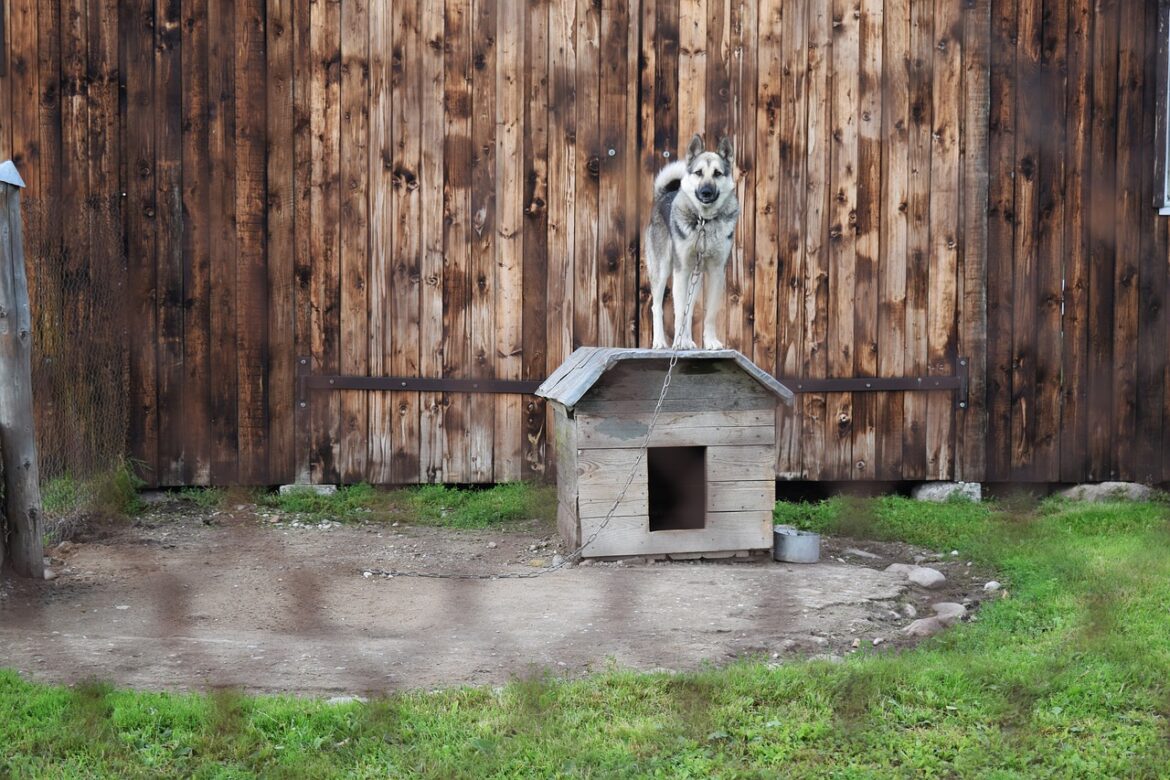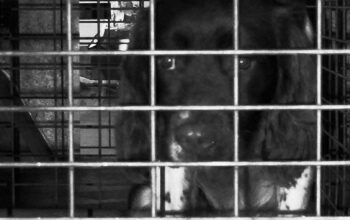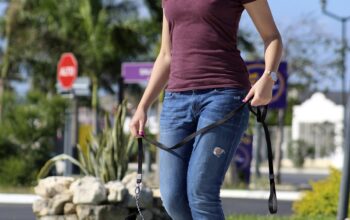If your dog is anxious, aggressive or a dog who just needs some space, please ask whether your dog can be exercised individually. Please read suggestions for training anxious/nerved dogs. Dog owners have to be proactive when it comes to training their dog. You may have a great time but your dog may not have it.
Dogs should be introduced to the kennel environment at the start and not at the last minute a few days before going on holiday. Separation Anxiety and related problems are on the rise. Personally, I see more and more dog with these issues and they can be one of the hardest behavior problems to fix.
Dogs are all too often treated as babies and can become over-dependent on their human family. That is true for large dogs as well as small dogs. Dogs must be independent as children and be able to easily function on their own. If you have a large household of multiple dogs, the same applies. Dogs should equally be happy to hang out with one another or alone. The same as the people twice.
So be proactive and get your dog familiar with a kennel environment early on. Below is a list of things dog owners should do to make their dogs stay at the kennels happy.
- If your dog has never been in kennels before you should train your dog to go into kennels; day stay in a boarding kennel are a good way to get your dog used to it. Utilise a kennel and run at home or some other form of confinement such as a garage, small bedroom or a dog crate.
- If you are a multi-dog household, make sure your dogs are independent of each other and can handle each other on their own. Separate kenneling or confinement goes the long way to help with that. Doesn’t mean that they can’t hang out together; it just means they are fine with being alone. The same goes for dogs who are too attached to their owner, they must also be independently trained.
- Visit a kennel facility or speak to the kennel owner. They are knowledgeable and friendly, and they understand dogs and pet behaviour. If the kennel owner is experienced in handling these kinds of dogs and can accommodate them, ask her. It may take you a bit longer than you the owner and the boarding kennel owner to introduce these dogs in kennels. Some kennels may not take these dogs because they are not set up to do so. Other breeds of dogs may not be welcomed.
- Ask your dogs to bring a blanket or a toy etc.
- Ask how your dog is exercised. Some kennels walk the dogs and others allow them to run around in large fenced areas with other dogs. If they are let out to run with other dogs, ask if they are supervised; is anyone physically present, while the dogs are exercising. Even frank dogs can fall out and a dogfight could ensue. Symptoms of stress or distress need to also be observed, so it is important that dogs are always monitored. Don’t be afraid of asking hard questions. Be aware that some kennels leave the dogs unsupervised running around.
- If your dog needs a special diet or is on a medication, ask whether the kennel will feed or administer the required diet.
- Ask what food the kennel gives to the dogs and ask whether it would be possible for you to bring up your own dog food to make sure his/her diet remains the same.
- Incorrect socialisation can and does lead to behaviour problems in dogs such as aggression or timidity in boarding kennels.
The above information will help you, the dog owner, make an informed decision.



